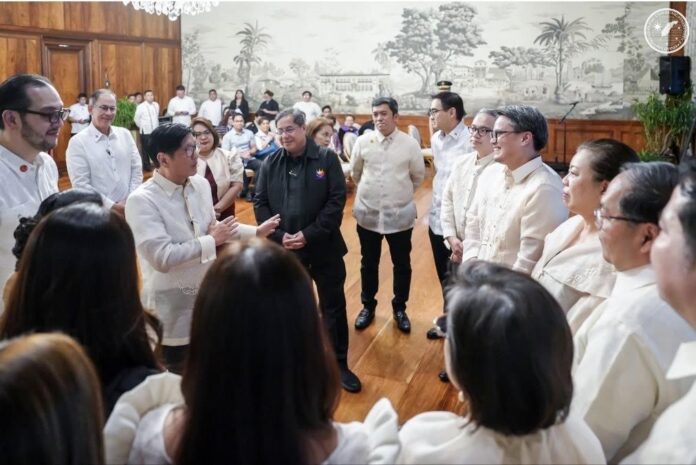The Private Sector Advisory Council – Healthcare Sector (PSAC-Health), in partnership with the Food and Drug Administration (FDA) and the Professional Regulation Commission (PRC), officially launched the Regulatory Sandbox Pilot Program on Flexible Supervision of Pharmacies, aimed at improving access to quality medicines in underserved areas across the country.
President Ferdinand Marcos Jr. witnessed the signing of the Memorandum of Understanding (MOU) at Malacañang Palace, signaling strong government support for innovation-driven reforms in healthcare.
The two-year pilot program, running from October 2025 to October 2027, introduces alternative pharmacist supervision models, such as telepharmacy and remote oversight, to address the country’s critical shortage of community pharmacists. Currently, only about 30,000 of the country’s 64,000 licensed pharmacists are active, far below the estimated need of 57,500.
Implemented in selected areas across Luzon, Visayas, and Mindanao, the initiative will allow a single licensed pharmacist to oversee multiple pharmacies through secure, FDA-approved digital platforms. Pharmacy assistants will also take on expanded roles under close regulatory supervision.
“By enabling pharmacies to operate with alternative supervision mechanisms, we can expand access to medicines, improve operational efficiency, and support the evolving role of pharmacy professionals,” said Paolo Borromeo, PSAC-Health Sector lead and president & CEO of Ayala Healthcare Holdings.
The program is supported by the FDA, the Professional Regulatory Board of Pharmacy (PRB–PHA), and major private pharmacy stakeholders. It will adopt an evidence-based approach, with semi-annual reviews and independent evaluations to assess safety, effectiveness, and impact on healthcare delivery. Findings will inform future amendments to Republic Act 10918 (Pharmacy Law).
The MOU was signed by DOH Secretary Teodoro J. Herbosa, PRC chairperson Charito A. Zamora, FDA director general Paolo S. Teston, and PSAC-Health’s Paolo Borromeo, representing a unified effort to boost healthcare access through public-private collaboration.
The pilot also includes a capacity-building component, providing training and compliance support for participating pharmacies, which will shoulder operational costs. The initiative aligns with broader efforts to implement Universal Health Care and drive healthcare innovation through strategic public-private partnerships.







